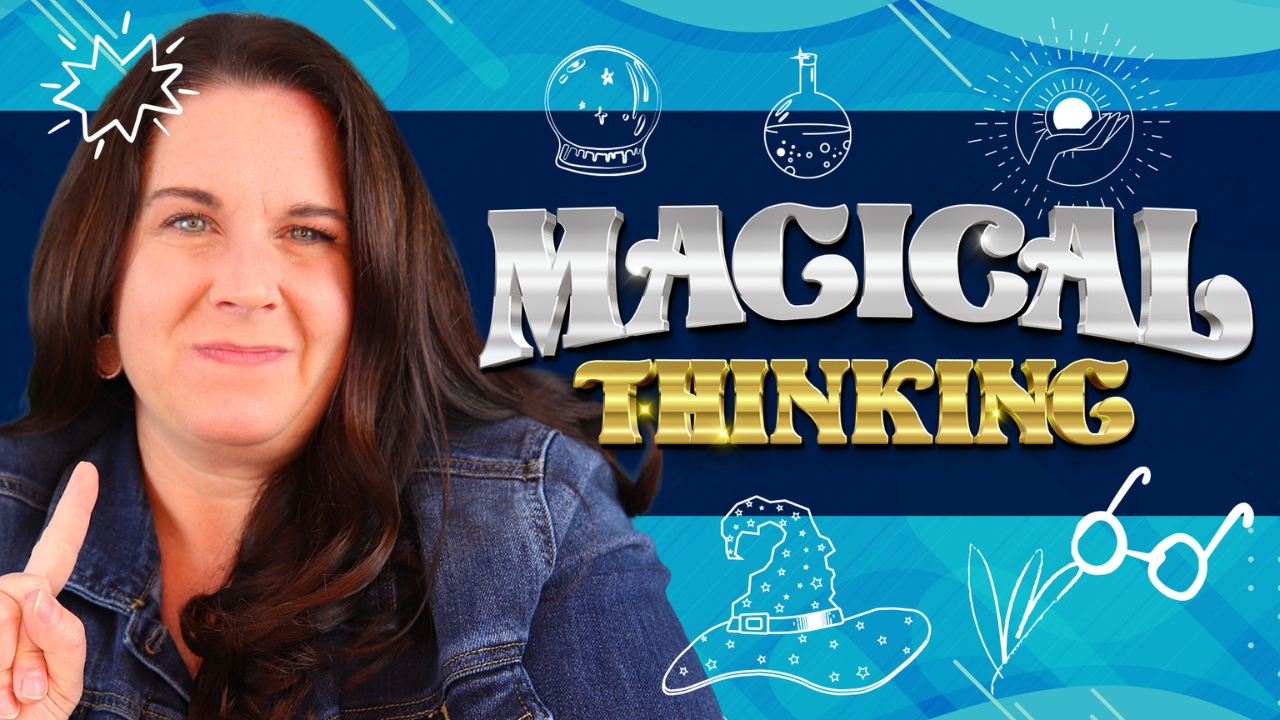Are You In Denial About Your Loved One's Addiction?
It's not just people with substance abuse problems who can be in denial about the addiction. Family members can be in denial too. A family member's denial can be more complicated and more challenging to deal with than the denial of the person who has the addiction.
Here's an example--several years ago, when I was directing an intensive outpatient program for adolescents with chemical dependency, I got a phone call from one of the parents of the kids in the program. She said, "Hey, I have this friend, her son is so and so, and he has a major problem, and I gave her your name, and she might be calling you."
Secretly behind the scenes...
I already knew about this kid because her son in my group had told me about him. The kid in question was doing all kinds of addictive things, selling drugs, using drugs, you name it--He was doing it. He was kind of a ring leader in this scene.
Eventually, I got a phone call from the kid's Mom. She tells me a little about what's happened(and behind the scenes, I have all this inside information, but I can't let her know that). So I listen to her, and after she tells me everything she has noticed, all the different times she has caught him using drugs, all the parenting things she's tried, etc. I tell her, "I think this is probably a pretty progressed addiction, and it's not responding well to any of the things you've already tried. I think you may need to get an assessment for residential treatment." The Mom thanked me for her time, and I don't hear from her again. Honestly, I don't think that much about it. After a month had passed, the Mom who called me about her friend said, "Did you hear about what happened to so and so?" She named the friend's name, and I said, "No, what happened?"
She ended up sending her son to a medical facility to pay $100,000 to figure out what vitamin deficiency he was suffering from because she was positive that was causing the problem. (You can imagine the look on my face)
I felt simultaneously frustrated with this woman who was not listening to all the signs plus anything I told her or her friend told her. But I also felt sorry for her because I know just how desperate a parent can be in this situation or a spouse when someone you care about has an addiction.
It's a pretty powerless feeling. You try talking, natural consequences, and boundaries. You try all these different things, and nothing seems to work. During that time, you're getting mixed messages from everyone around you and from the person, which makes things 10x more confusing.
The confusion leads to our denial about the issue, and it can come in many forms, but one of the forms I want to focus on is magical thinking.
Most of us have a little magical thinking from time to time, it can be a kind of superstition, and as long as it's not ruining your life or causing a lot of trouble, then it's no big deal.
When it comes to having an addicted loved one, your magical thinking is not only keeping you stuck but could be helping them stay stuck, and the whole family, for that matter.
Some examples of magical thinking would be thinking to yourself, "if they could get rid of that one friend. I know this problem would go away." or "If his mother would wake up and get it and get on my side, this problem would go away." These are just a few examples of magical thinking.
Have you ever had magical thoughts about your loved one's addiction?
Now, you might have magical thinking about some of the content I create. You might be thinking, "If I could be nice and quit pushing as Amber says, he's going to stop using drinking, and engaging in addictive behavior."
All the things that I teach you are more about 'how to get someone out of denial, and how to get someone to start seeing the problem for what it is, and how to get them to start taking action.' Your changes won't make them stop their addictive behavior, but they can help them look at the situation differently. Doing this increases the chances that they're going to take action and do something different.
There's not one thing you can say or not say that will make it all better. It's more of a process, and if you work at it consistently, you'll see small changes. That turn into small changes that turn into big results, you want them to begin to see that life could be much better if they didn't have this problem.
You need them to take responsibility for the problem and lastly, take action. If you want to help your loved one conquer their addiction.
Amber Hollingsworth
Next, I've put together a short playlist, which will tell you the steps you need to take to get your loved one out of denial and take steps toward recovery. (Click the picture below)


